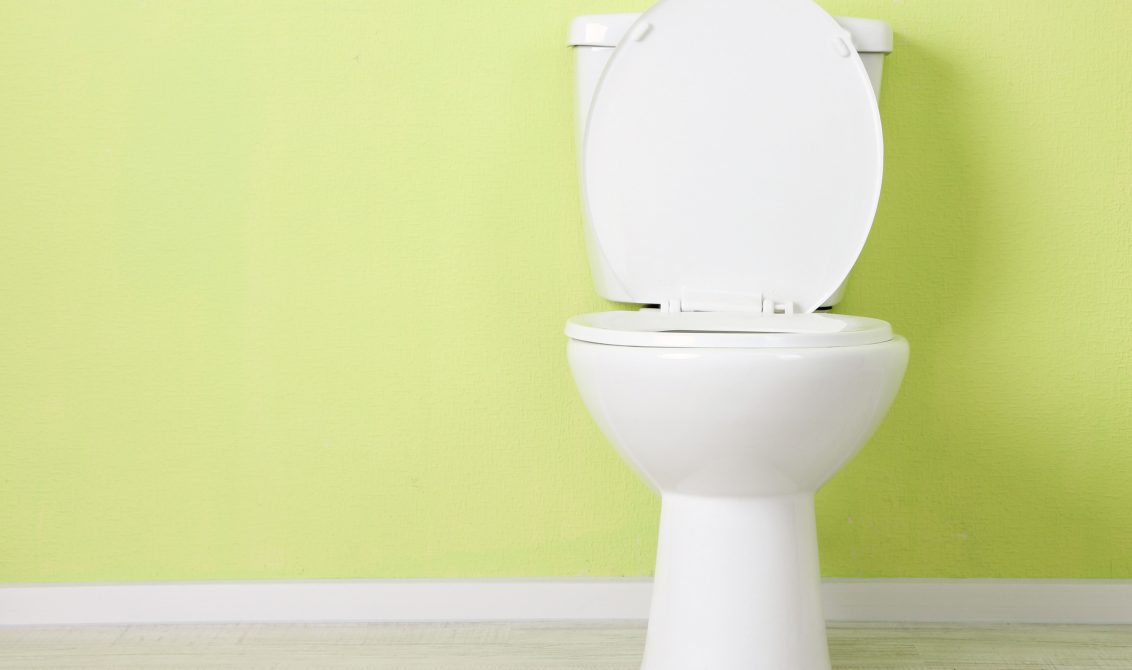
Do you know that your urine can say a lot about your health? Urine is the waste product that is made by the kidneys after they filter and clean your blood. Your kidneys are two bean-shaped organs, each about the size of a fist. They are located just below the rib cage, one on each side of the spine.
The quantity, colour and smell of urine all give clues about how well your body is functioning. Substances in your urine such as glucose, potassium and sodium can also be evidence of problems with your kidneys or other organs.
In addition to removing excess water, excess chemicals and waste from the body, your kidneys control blood pressure. They also make a hormone called erythropoietin that is necessary for making red blood cells.
Problems with your kidneys can lead to excess water in the body, high blood pressure, build up of toxic waste in the body and reduction in the red blood cells (blood), in the body leading to anaemia.
Signs and symptoms of kidney failure may be easy to miss and similar to many other diseases. The symptoms of kidney failure include weight gain, even though you are not eating much, tiredness, weakness, fatigue, sweating, fever, headaches, body aches, general feeling of being unwell, palpitations, abdominal pain and more. Kidney failure can cause hypertension, chest pain, stroke and heart attack. Many often ascribe these symptoms to other conditions such as flu, work, stress, malaria and typhoid and even witchcraft.
Weight gain, anaemia, high blood pressure and poor quality of urine are signs that guide doctors in their search for the right diagnosis. Doctors will attempt to answer the simple question, WHY? Why does this man or woman have anaemia or high blood pressure? In doing so, it’s important to look at the kidneys, in view of its vital role in blood pressure control and blood production, as a possible area of concern worthy of investigation.
Investigating the kidneys
The kidneys make urine, so analysis of the quantity and quality of the urine is critical. The colour of the urine and the constituents, amount of waste in it, presence or absence of certain substances in the urine will give useful information as to the function of the kidneys.
The look of the kidneys on ultrasound scan, CT scan or MRI scan may also help your doctor make the correct diagnosis. Kidney function – that is, how well they are working, can also be assessed by doctors. These specialist doctors called Nephrologists and Urologists can also choose to look at the bladder and the prostate (in men) for additional information.
Dr Biodun Ogungbo, is a Consultant Neurosurgeon at Spine Fixed, Abuja, FCT Nigeria.
He is a UK General Medical Council Registered Specialist in Neurosurgery and Nigerian Medical and Dental Council registered Surgeon. He supports medical education and is active in health advocacy. He is interested in stroke and spine problems and has written extensively about these conditions. He specializes in spinal surgery, tumour surgery and vascular surgery. He is also active in the surgical management of spine and spinal cord injury in the country.

